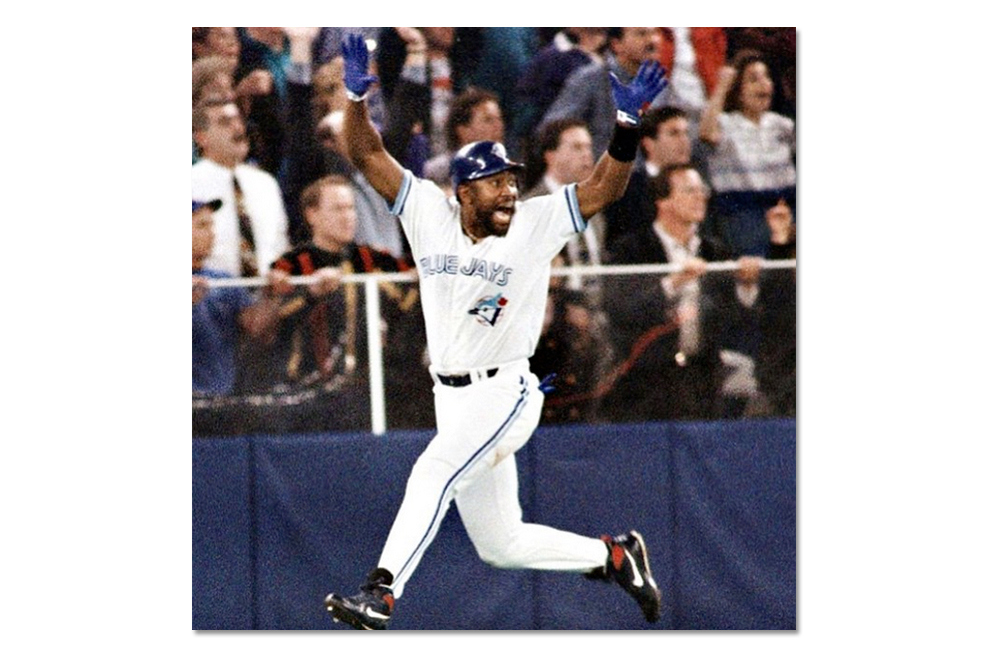“Back to Back” (a.k.a Part II)
Its impact for Educators
I am glad that Drake won this Drake Meek Mill beef thing. And it is not because I am from the same city as him. It is because of the message that a “singing ni**a” bodying a thug sends to young black boys. Drake prevailing in this instance shows youth that black identity is indeed complex and one doesn’t need to give more fuel to the fallible argument that rap demonstrates black cultural dysfunction. Meek Mill, and rappers like him, make it easy for naysayers of hip-hop to avoid the argument that behavioral responses are the result of racially sanctioned structural conditions. Meek Mill, and thuggy rappers like him, fictitiously tell stories that lead to self-generating cultural patterns. Rappers, like Meek Mill, appropriate our culture for their own financial gain without any thought about the repercussions their words have on young impressionable minds. So, I am glad Drake won.
I am not saying that Drake is perfect. He often raps bars that promote the image of the hyper-masculine black male who debases women and prioritizes material accumulation. But that is not the basis of Drake’s raps or his persona. That is not how he makes his money. Ironically enough, Drake is loved by hip hop fans because of his ability to be authentic about everyday realities that many urban people experience. He is just able to do it in an exuberant and catchy way. That is why he is celebrated. That is why educators should celebrate him if they are going to celebrate any hip hop artist. He, right now, is the epitome of the complexity of black male identity. One foot in the system, one foot out of the system, all the while being himself. What is wrong with that?
When I get back into my classroom, I am going to have a discussion about the Drake and Meek Mill saga and most likely design a few English lessons around it. I am going to use this situation to talk about plagiarism, authenticity, collaboration, creativity and excellence. I may use this beef to teach point of view in writing as well as the use of persuasion when crafting your communication. There are a lot of things we, as educators, can extrapolate from this instance. And there are a lot of things that our students can learn and engage with from this moment in hip hop culture.
[share title=”Share this Post” facebook=”true” twitter=”true” google_plus=”true”]

